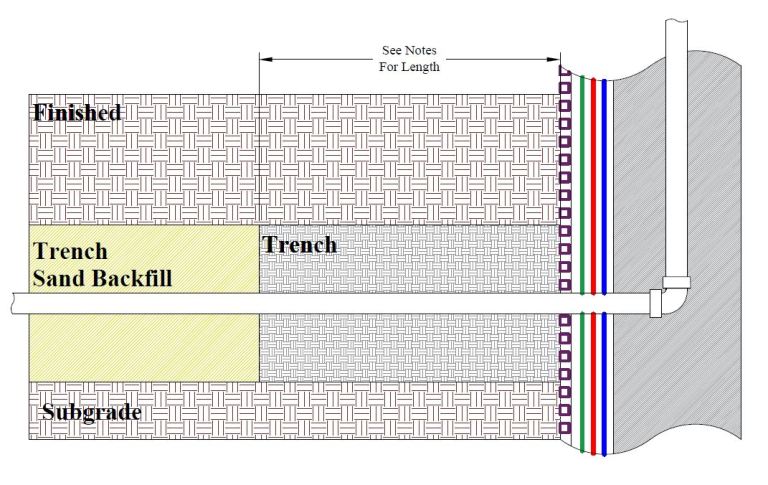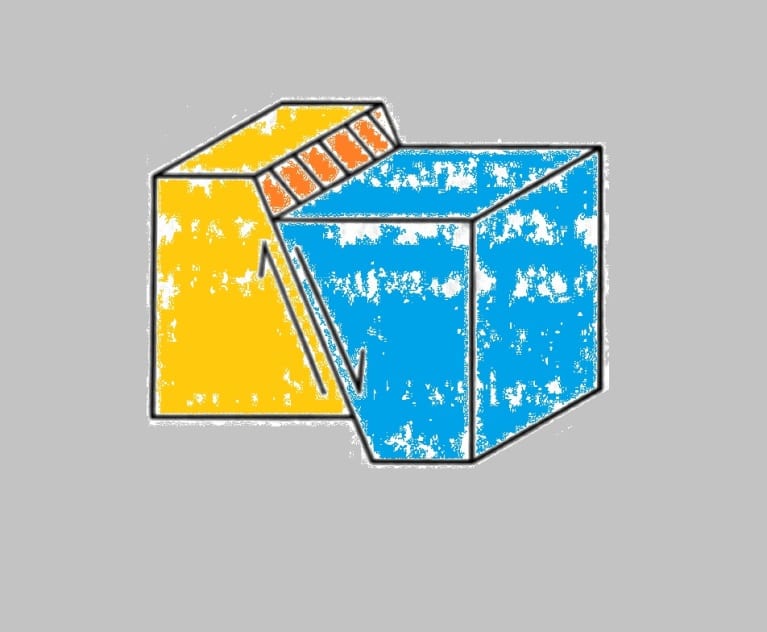Topple Definition
Topple – Slope movement due to forces that cause an overturning moment about a pivot point below the center of gravity of the unit.
Topple – Slope movement due to forces that cause an overturning moment about a pivot point below the center of gravity of the unit.

Design Methane Concentration Design Methane Concentration: In accordance with the Los Angeles Department of Building and Safety Methane Code, Ordinance Number 175790, a Design Methane Concentration is the highest recorded concentration of methane soil gas detected during the course of methane testing on a property. The Design Methane Concentration is what defines the level of…

Stratosphere Stratosphere: The stratosphere of a terrestrial planet is the second-lowest member of the atmosphere. On Earth, the stratosphere starts atop the troposphere at approximately 10 kilometers above mean sea level, and terminates roughly 50 kilometers above mean sea level. In fact, geologists understand that the Earth’s ozone layer exists within the stratosphere, which absorbs…

Trench Dam Trench Dam: Per the Los Angeles Department of Building and Safety (LADBS) Methane Code, Ordinance Number 175790, a trench dam is part of a methane mitigation system. A trench dam is essentially a subsurface barrier that exists within a furrow or ditch, that is adjacent to the foundation of a building in a…

Dry Strength “Dry Strength” is a value that represents the strength of a soil sample, when dry, as determined by the crushing test. There is a common geotechnical engineering laboratory procedure for determining the cohesiveness or plasticity of a sample with organic or inorganic clays and silts.

Normal Fault Normal Fault: In the field of geology, a normal fault is a type of dip-slip fault where the hanging wall moves downwards from the footwall. The average dipping angle of a normal fault ranges from 45 to 90 degrees. Normal faults are the opposite of reverse faults. Detachment Fault Detachment Fault: A detachment…

Surface-Wave Magnitude “Surface-Wave Magnitude” is the magnitude of an earthquake that scientists estimate using measurements of the amplitude of surface waves.